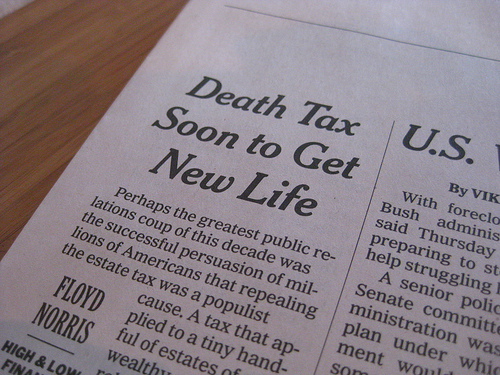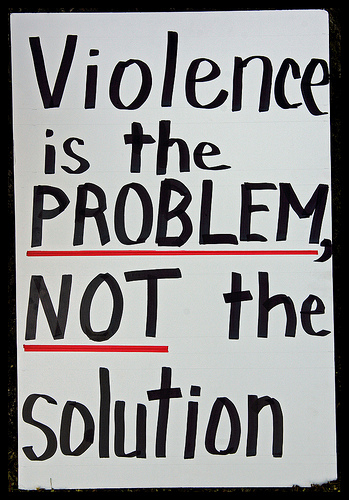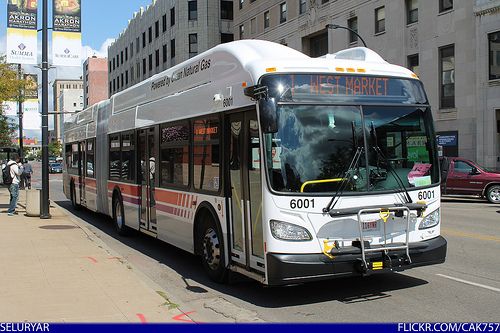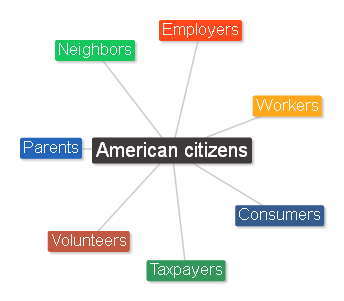Several times this month, I’ve heard news stories such as this one use the phrase enhanced interrogation to describe painful treatment of terrorism suspects.
This expression has no place in objective journalism because it is biased in favor of inflicting pain. After all, enhanced means improved.
And the claim that inflicting pain gets better results is questionable at best. For example, Joe Navarro, former FBI special agent and author of a book about effective interrogation, says that what is called enhanced interrogation does not work.
Inflicting pain on purpose is torture, but if that word seems too harsh, journalists trying to objective could use the phrase “painful interrogation methods” instead. That’s accurate and removes the assumption that the painful methods must be better than standard methods.
How do you think Framologists should respond to enhanced interrogation?








